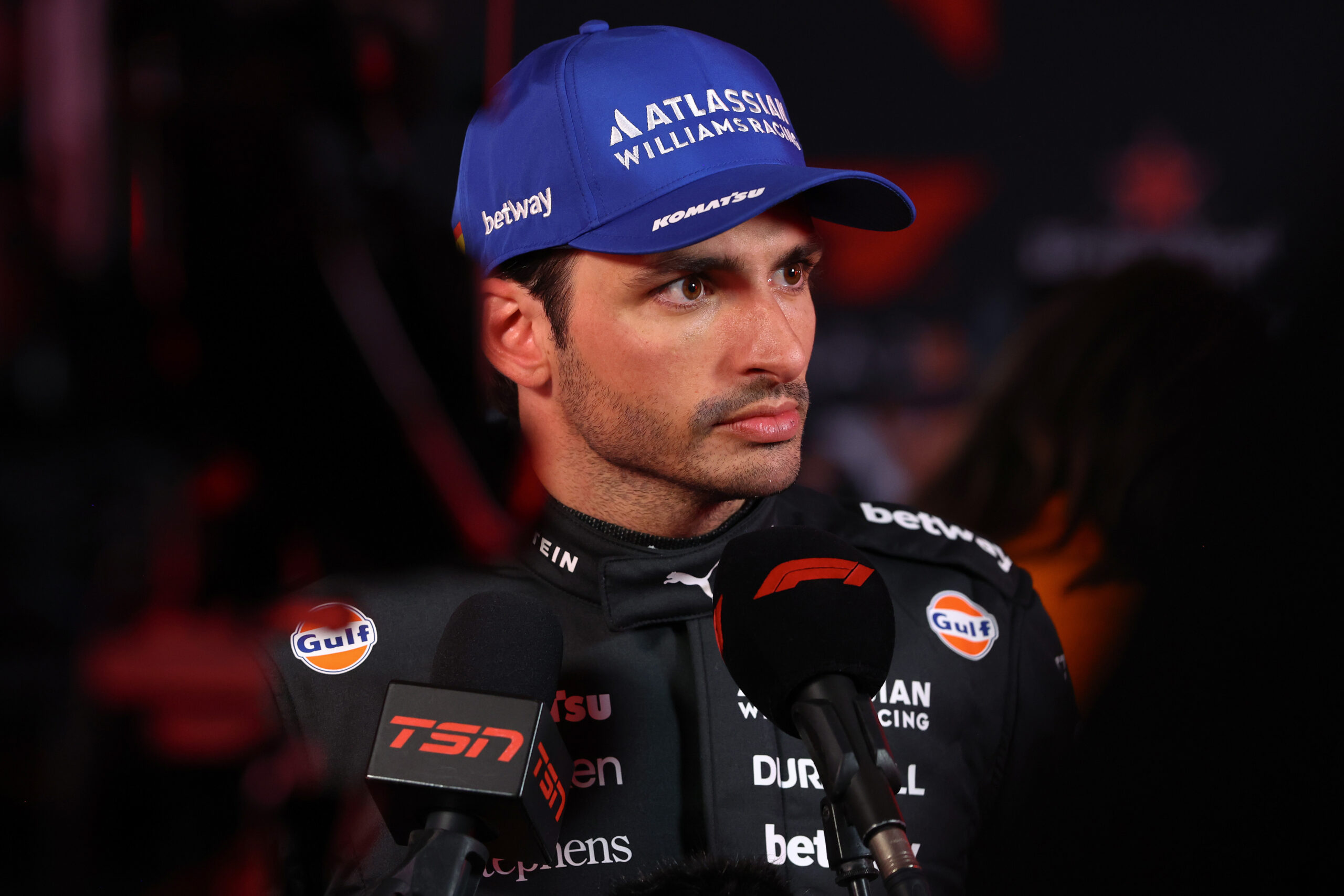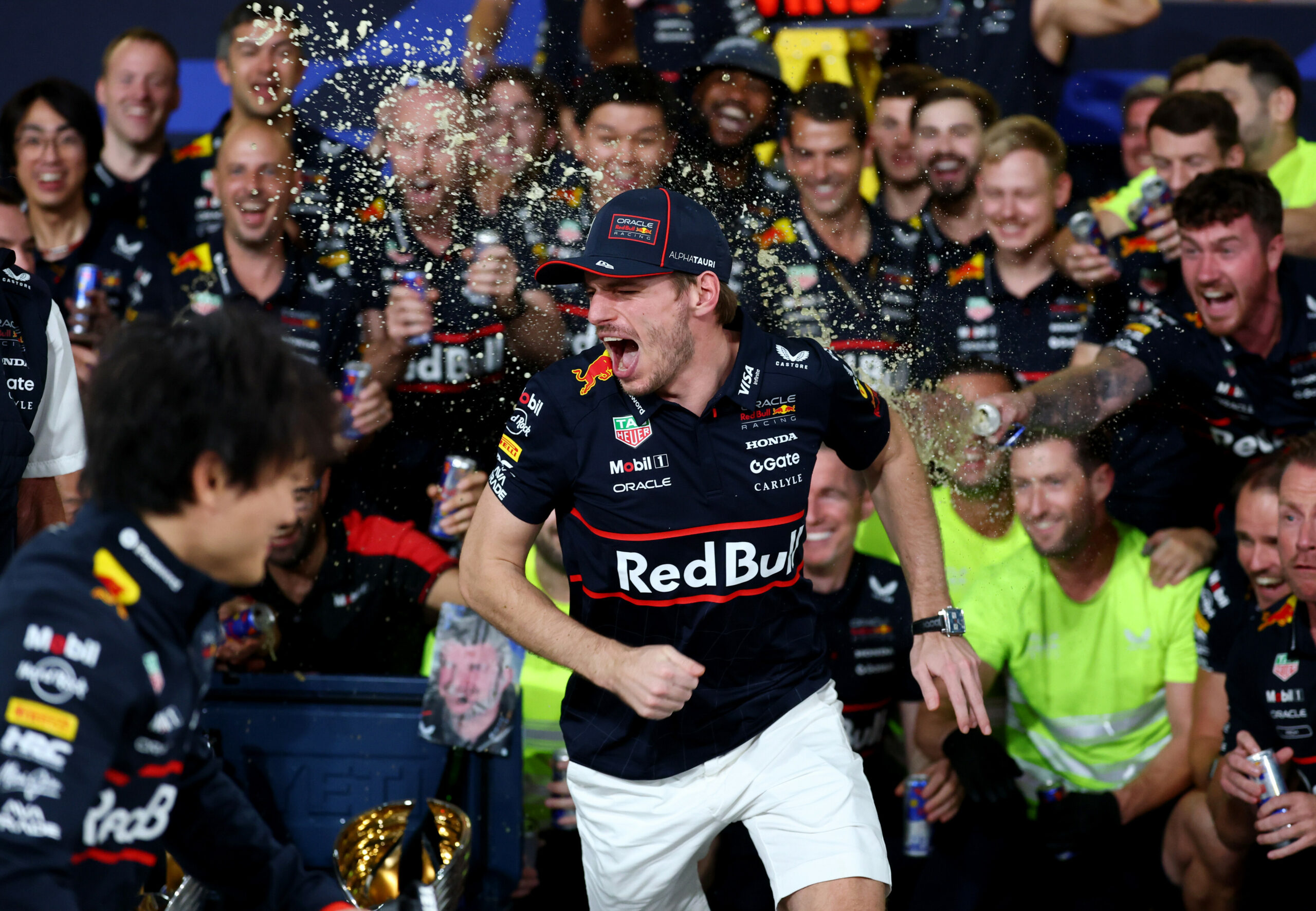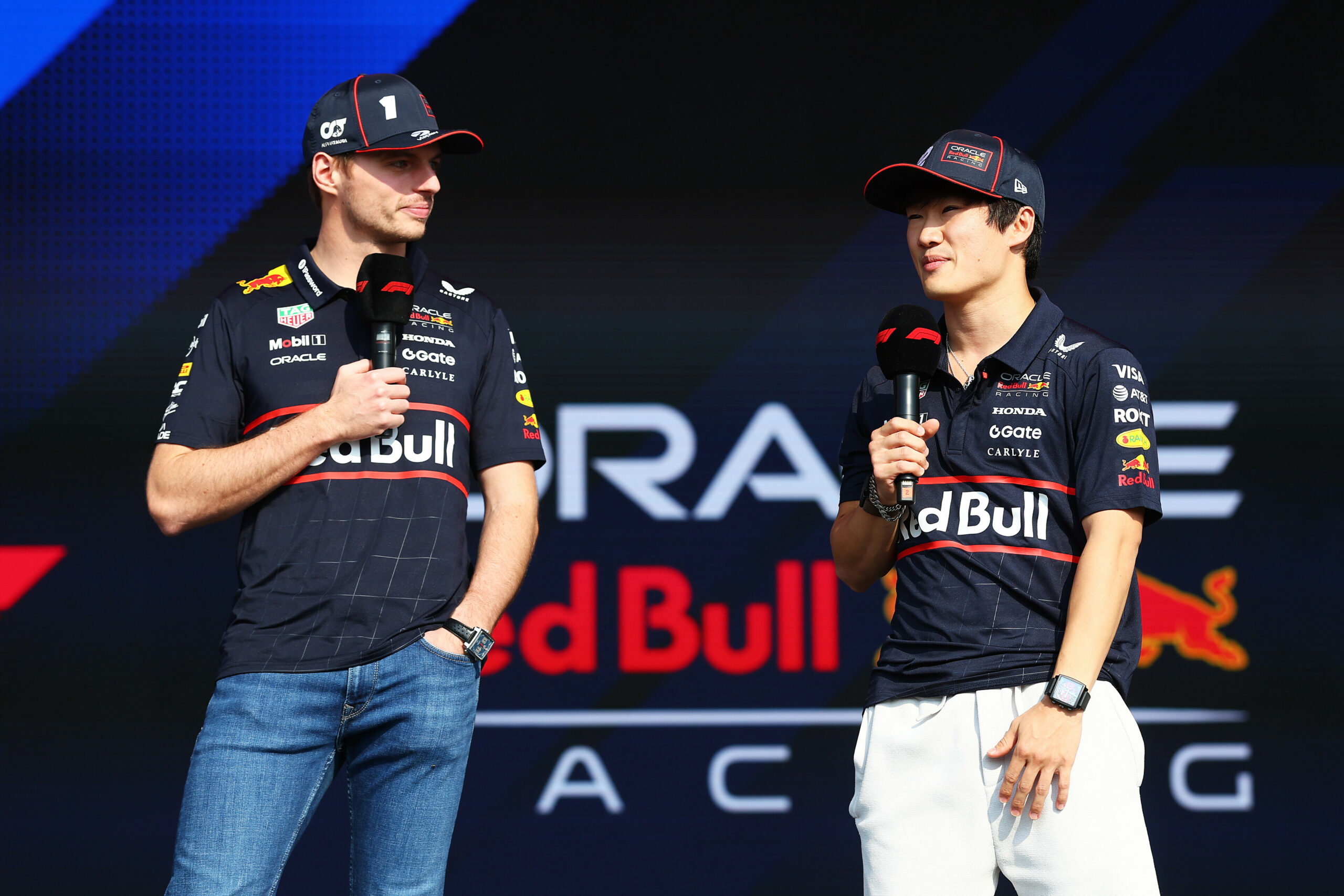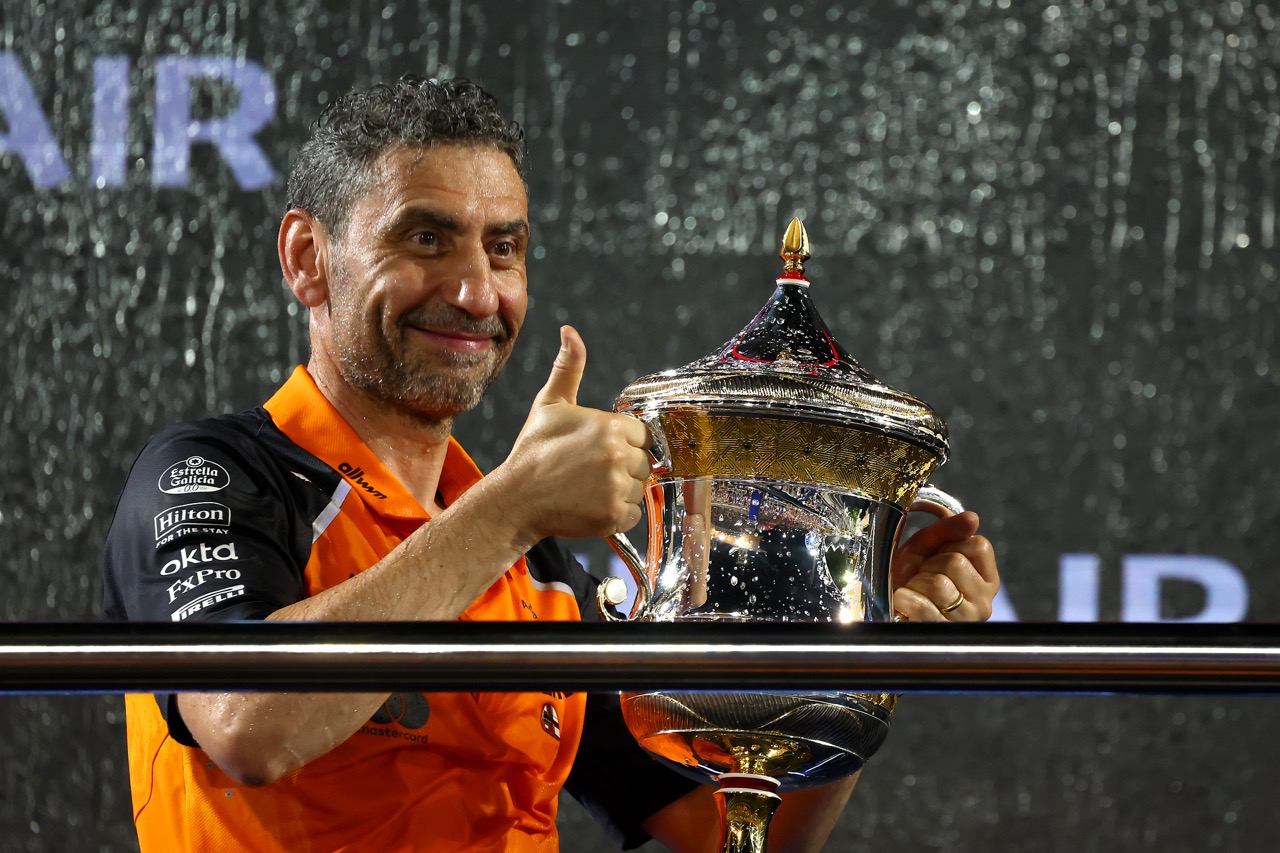
Photo: Mercedes AMG F1 Team
It happens more and more often to witness combinations, sometimes forced, between Formula One and MotoGP: the maximum expression of motorsport on two and four wheels respectively. Two sports of excellence, united by a passion for speed and risk but distinct from each other in terms of history, culture, audience and technology.
Two sports which, despite what has been said, today find themselves closer than ever: MotoGP, with the start of the 2023 season, has definitively introduced the new format of the race weekend, clearly inspired by that of F1. Dorna, the company that manages the world championship, has introduced sprint races on Saturdays (just like Liberty) in every weekend. A format that, in fact, forces the riders to push to the max in each available session, considering the reduction in the time available to prepare for the weekend.
A format that F1 has been increasingly experimenting with for three seasons (this year there will be six weekends where we will find this format) and which, in the ideas of Liberty Media’s top management, represents the future of the category but which, objectively, clashes with what are the consolidated traditions of the Circus and the public’s thought, at least the long-standing one.
The CEO of Formula One, Stefano Domenicali, spoke about the theme of sprint races, in occasion of the first MotoGP race weekend and, interviewed by Sky Sport MotoGP Italia, wanted to express his vision for the future of the category. A vision that, in fact, marries more and more the direction traced by Dorma for the motorcycling world championship: ever-reducing free practice and consequent increase in sprint races to guarantee action on the track and, above all, unpredictability due to poor preparation (carried out in a meticulous by the now demonized engineers) with which teams and riders approach the official sessions.
“I’m a supporter of eliminating free practice. After all, they’re only for the engineers but the public doesn’t like them, which is what matters.”
A direction which, as mentioned, favors a reduction in weekend preparations and an increase in unpredictability, to the full advantage of the action on the track and the show (presumed) for an audience which gradually becomes passionate about motorsport in superficial way (like social networks or Netflix) and considers this questionable new format attractive which, rather than innovating, distorts a sport with over 70 years of history.
“I think, after all, it’s important to have action on the track every day.”
A format which, according to Domenicali, rewards the action on the track: a very important aspect for the promoters of the races to be able, starting on Friday, to sell more tickets at higher prices due to the official value of the sessions.





